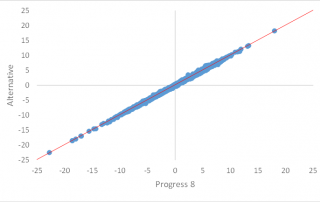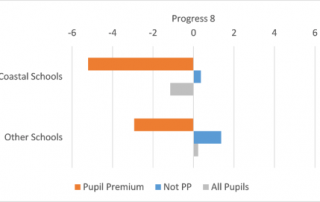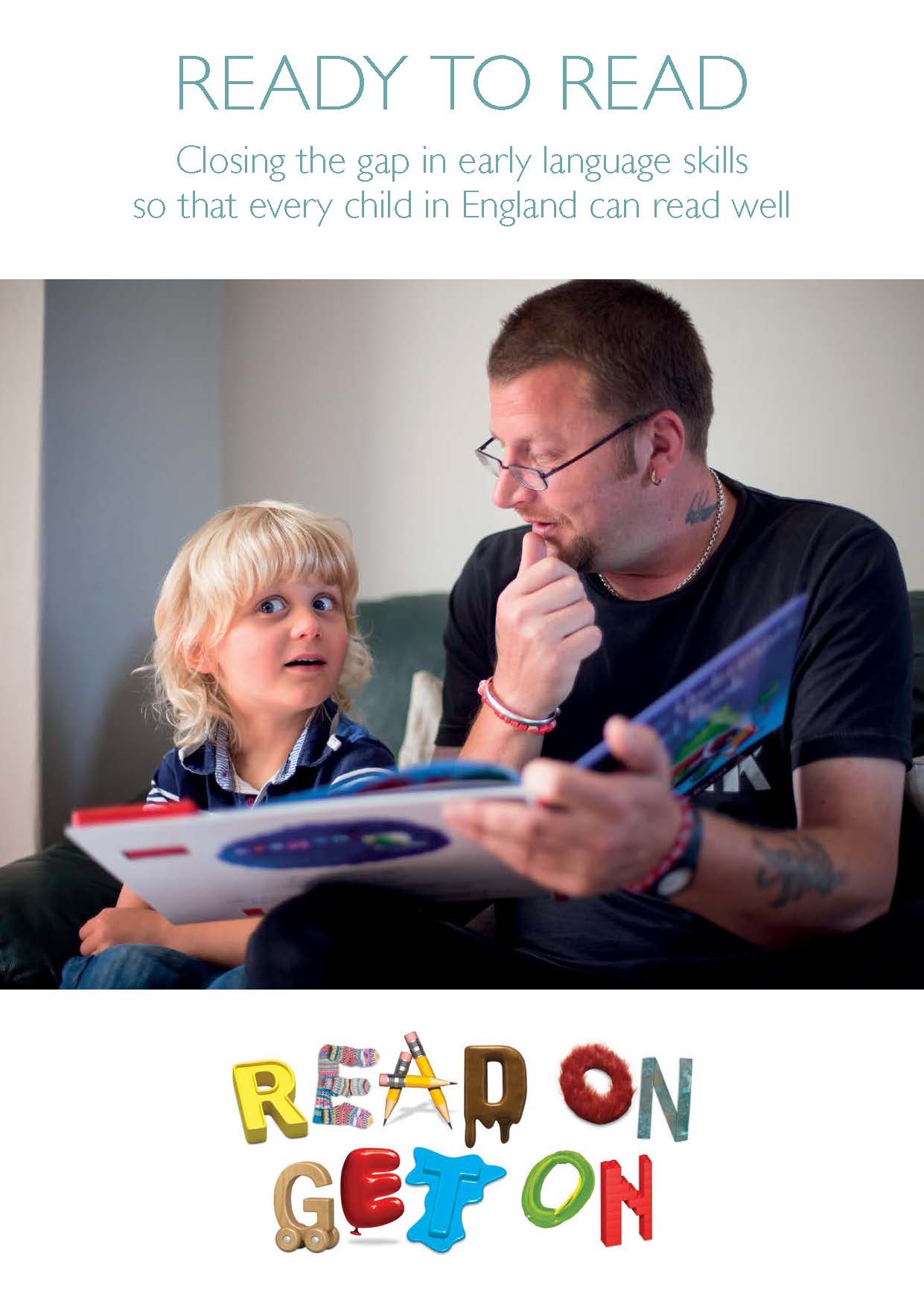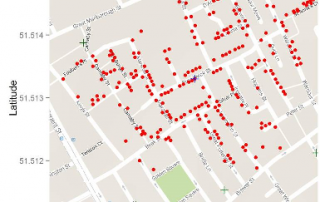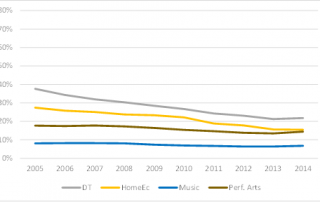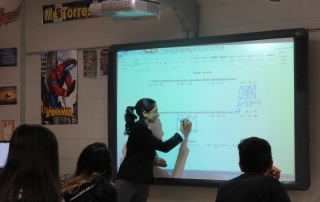The hocus pocus of Progress 8
There are infinite different ways to judge whether pupils at a school achieved more or less than they might have if placed at another school chosen at random. Tom Sherrington has chosen to criticise one – Progress 8 – in his blog and propose another – a comparison of the distribution of attainment by intake and [...]



